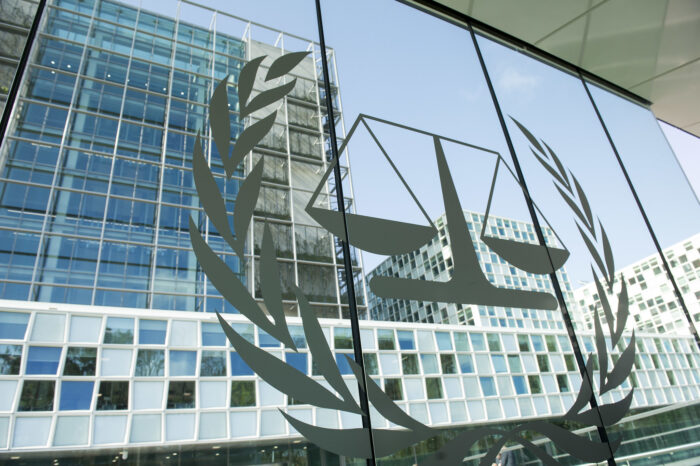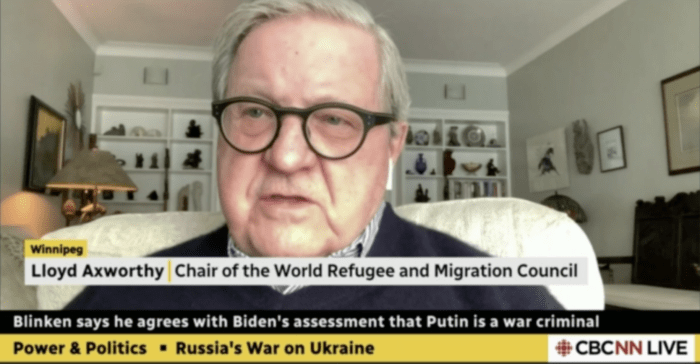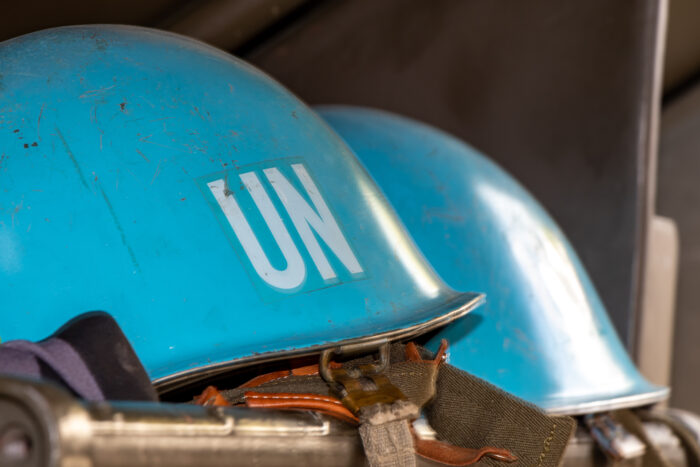Lloyd Axworthy and Michael Manukau write that Canada has an opportunity to step up its diplomatic efforts to achieve a solution to what is presently an intractable crisis in Gaza.
Toward a More Effective Implementation of Anti-Corruption Measures
New discussion paper from Sabine Nölke outlines specific ways to more effectively implement anti-corruption measures by strengthening existing frameworks and institutions.
Not Just a Seat at the Table: Refugee Participation and the Importance of Listening
The 2019 Global Refugee Forum was significant for its inclusion of refugee representatives, writes GIRWL co-founder Najeeba Wazefadost. There is much to be learnt by paying close attention to the speeches they gave – that is, by really listening to their voices.
Lloyd Axworthy on the United Nations, Ukrainian refugees and humanitarian corridors
WRMC Chair Lloyd Axworthy discusses what more the UN can do to protect Ukrainian civilians as Putin continues to wage war against Ukraine.
The United Nations can use its blue helmets to save lives in Ukraine
The war in Ukraine has renewed calls to reform the United Nations – in particular, the dysfunctional Security Council. Fortunately, there is a way.




